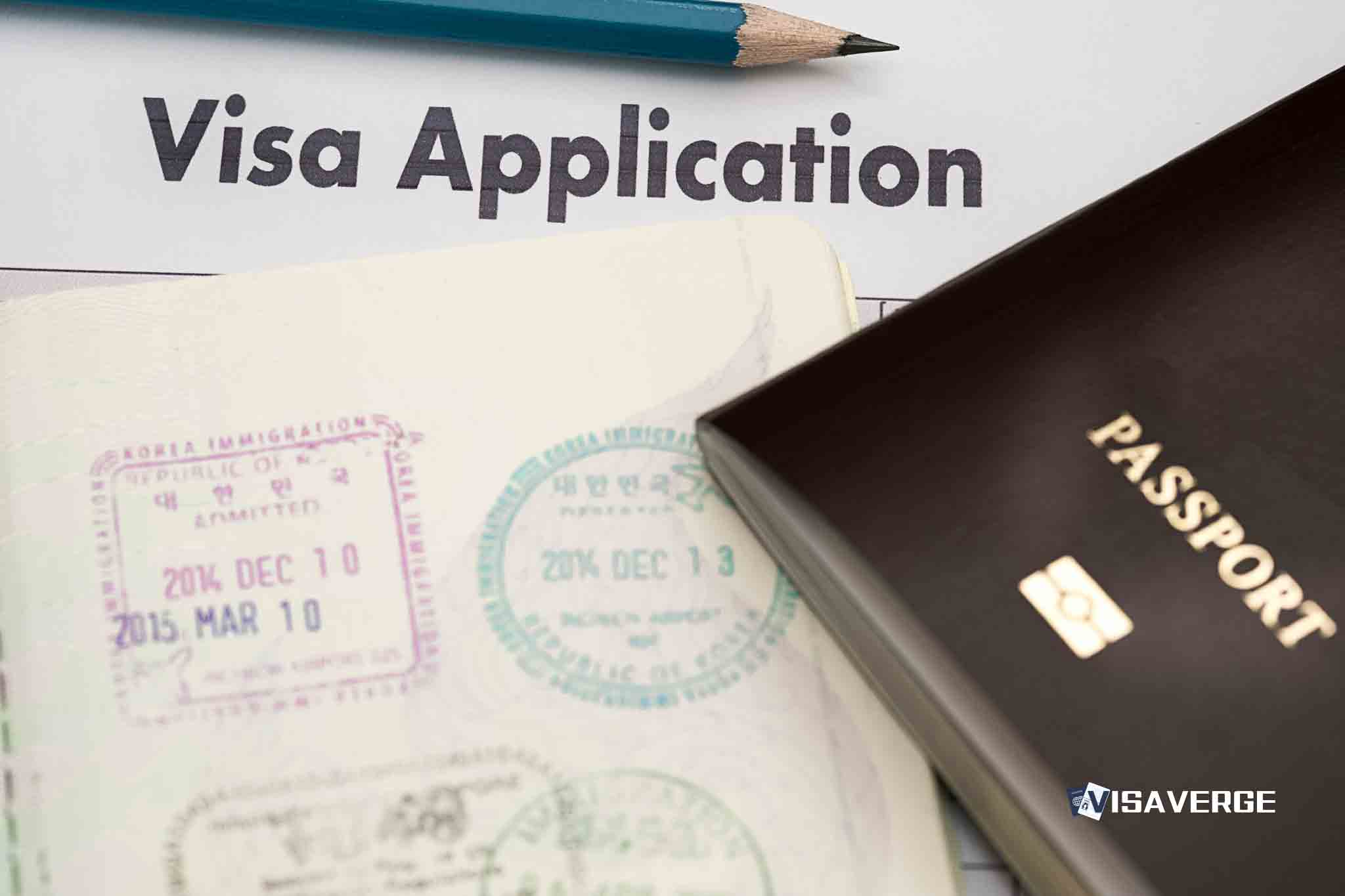Understanding USCIS Duplicate I-140 Filings
Navigating the immigration application process can be complex, particularly when it comes to employment-based visa petitions. Within this framework, the Form I-140, Immigrant Petition for Alien Worker, is a critical document. An area that can lead to confusion and potential issues is when there are duplicate I-140 filings. This post will explore how the United States Citizenship and Immigration Services (USCIS) handles cases involving duplicate petitions.
What is an I-140 Petition?
Before diving into duplicates, it’s important to understand what this form entails. The I-140 petition is a fundamental step for foreign nationals seeking to obtain an employment-based immigrant visa in the United States. This document is filed by the U.S. employer and essentially asserts that the employer intends to hire the foreign worker permanently, and the worker has the necessary skills and qualifications.
Why Do Duplicate I-140 Filings Occur?
Duplicate filings can happen for a variety of reasons such as:
- Administrative errors by the employer or attorney
- Miscommunication leading to multiple filings
- A strategy to preserve a worker’s immigration status or priority date
USCIS Policy on Duplicate I-140 Filings
USCIS is aware that there are legitimate instances where more than one I-140 petition may be filed on behalf of the same individual. The agency’s approach to these USCIS duplicate I-140 filings is nuanced and based on the specific circumstances of each case.
Generally, USCIS will not deny a petition simply because there is another one pending. However, if it appears that the filings are being used in an attempt to circumvent immigration laws or if there is fraudulent activity, the petitions could both be denied.
For legitimate duplicate filings, USCIS will respect the priority date of the earliest filed petition as long as it wasn’t revoked for fraud or willful misrepresentation.
Best Practices for Employment-Based Visa Petitions
If multiple I-140 petitions are necessary, it’s critical to adhere to the best practices:
- Clearly indicate the reason for duplicate filings to USCIS
- Maintain thorough and consistent records for all filings
- Include evidence of eligibility and required documentation with each petition
Adhering to these practices can help prevent unnecessary hurdles in the immigration application process and ensure a smoother experience with USCIS.
Resources for Navigating I-140 Filings
For detailed information regarding the I-140 petition and the guidelines that govern its processing, visiting official immigration resources is a must:
Final Thoughts
When it comes to filing your I-140, remember the importance of accuracy and completeness to prevent missteps in the immigration application process. Whether you’re a foreign national seeking an employment-based visa or an employer supporting a candidate, understanding USCIS policies on duplicate filings is essential to navigating the complex terrain of U.S. immigration.
By approaching USCIS duplicate I-140 filings with care and strategic planning, you ensure a more straightforward path through the maze of employment-based visa petitions. Remember, when in doubt, refer to the official USCIS guidelines or seek the expertise of an immigration attorney.
So, there you have it! Navigating duplicate I-140 filings may seem like a tricky dance, but with some wit and guidance, you’ll be waltzing through the immigration application process in no time. Remember to keep those records straight, play by USCIS rules, and explore more in-depth resources at visaverge.com. Happy filing, my tech-savvy amigos!
FAQ’s to know:
FAQ 1: What is a duplicate I-140 filing?
Anwer: A duplicate I-140 filing refers to when more than one Form I-140, Immigrant Petition for Alien Worker, is filed on behalf of the same individual. This can occur due to administrative errors, miscommunication, or as a strategy to preserve a worker’s immigration status or priority date.
FAQ 2: How does USCIS handle duplicate I-140 filings?
Answer: USCIS takes a nuanced approach to duplicate I-140 filings. Generally, they will not deny a petition simply because there is another one pending. However, if fraudulent activity or an attempt to circumvent immigration laws is suspected, both petitions could be denied. For legitimate duplicate filings, USCIS will respect the priority date of the earliest filed petition, as long as it was not revoked for fraud or willful misrepresentation.
FAQ 3: What are the best practices for employment-based visa petitions involving duplicate I-140 filings?
Answer: To navigate the immigration application process smoothly with duplicate I-140 filings, it is crucial to adhere to best practices. These include clearly indicating the reason for duplicate filings to USCIS, maintaining thorough and consistent records for all filings, and including evidence of eligibility and required documentation with each petition. By following these practices, unnecessary hurdles in the immigration application process can be minimized.
What did you learn? Answer below to know:
- True or False: USCIS denies duplicate I-140 petitions solely based on the existence of another pending petition.
- What is the purpose of filing an I-140 petition?
a) To express interest in hiring a foreign worker
b) To request a change in immigration status
c) To establish eligibility for an employment-based immigrant visa
d) To apply for a non-immigrant visa - What are some reasons why duplicate I-140 filings may occur?
a) Administrative errors, miscommunication, or strategic reasons.
b) USCIS regulations require multiple filings.
c) It is a requirement for certain types of visas.
d) It is standard practice for employment-based petitions.














